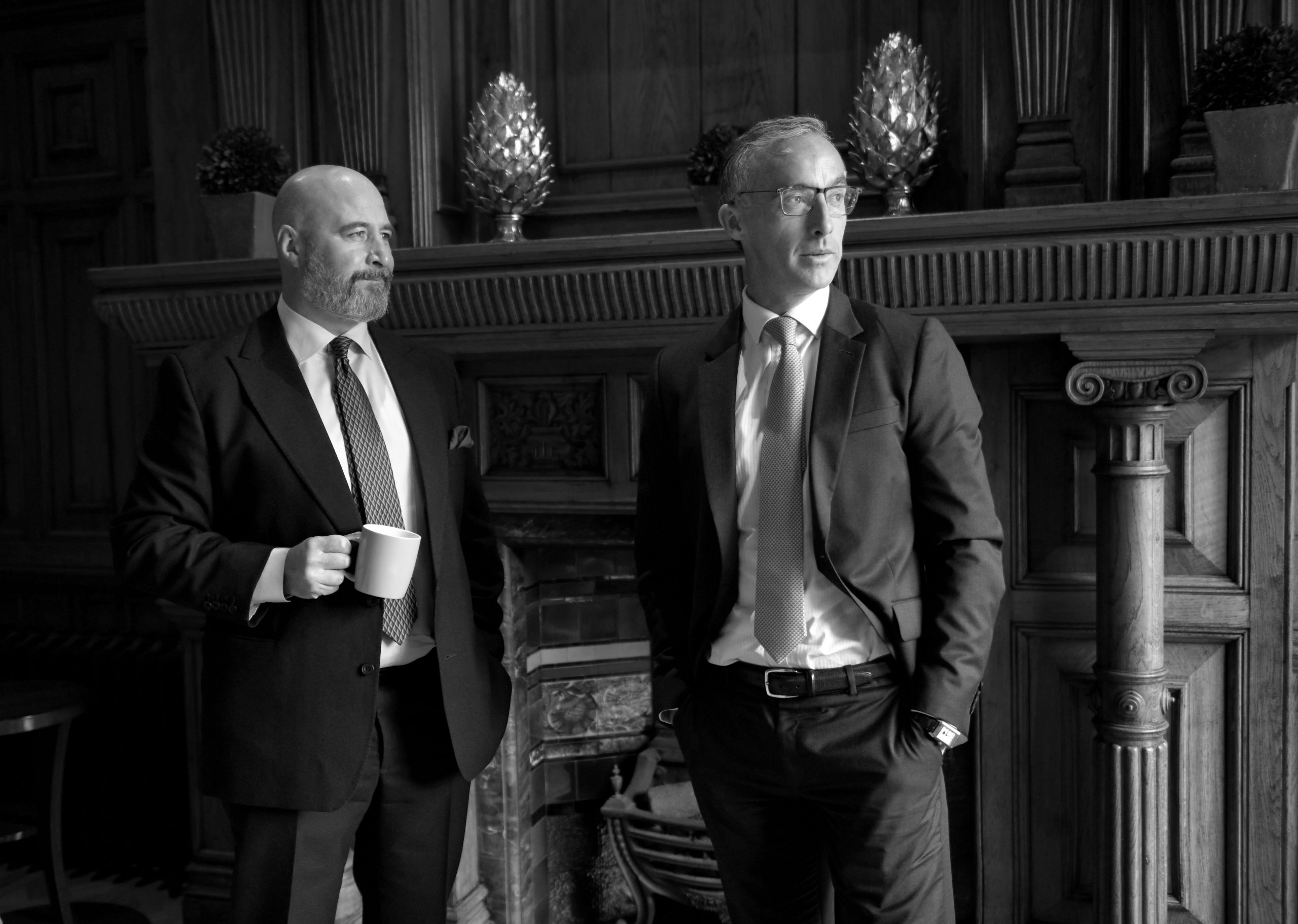In Cadence Capital’s ornate lobby, carved into the mantlepiece of a broad oak fireplace, is the crest of the Jameson family. The townhouse, which overlooks Fitzwilliam Square, was once owned by the famous family of distillers. It’s a reminder that even in Ireland – a country whose aristocracy has twice been turfed out – there is no shortage of old money. It’s a suitable home for Cadence Capital, the wealth management company founded by Anthony Moyles and Robert McGlynn. Moyles – former captain of the Meath gaelic football team, and a regular on Newstalk’s Off The Ball show – and McGlynn come…
Cancel at any time. Are you already a member? Log in here.
Want to read the full story?
Unlock this article – and everything else on The Currency – with an annual membership and receive a free Samsonite Upscape suitcase, retailing at €235, delivered to your door.

